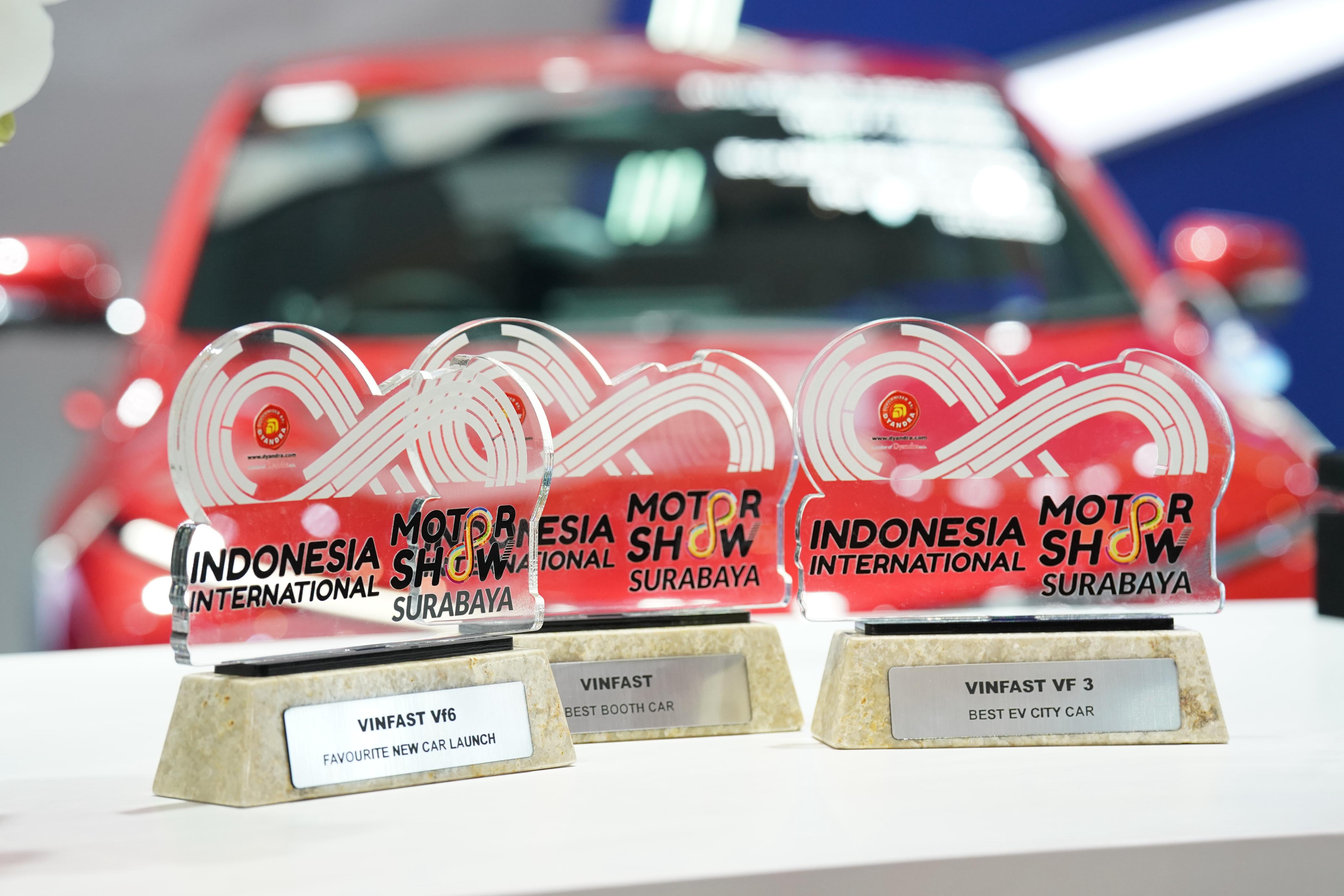Japanese businesses feel confident to invest in Vietnam: JBAV President
Karashima Hiroshi, President of the Japan Business Association in Vietnam (JBAV), has affirmed that Japanese firms feel confident to invest in Vietnam, in a recent interview granted to the Vietnam Government Portal (VGP) concerning the efforts made by the Vietnamese Government to improve the country’s investment environment.
 |
President of the Japan Business Association in Vietnam (JBAV), Karashima Hiroshi. (Photo: VGP)
Q: Among the 115 countries and territories with investment projects in Vietnam, Japan is the largest investor with a registered capital of up to US$9.11 billion, accounting for 25.4% of the total foreign investment in Vietnam in 2017. What drove Japanese companies to pour so much capital into Vietnam?
A: We are happy to see that the Vietnamese Government pays adequate attention to improving the business climate and creating favourable conditions for Japanese firms to do business in the country.
That facilitation has been carried out right from the basic initial steps through to the implementation of specific plans. Especially, during a working session between Vietnam’s Advisory Council for Administrative Procedure Reform and Japanese businesses, many representatives of our firms had the chance to openly and frankly discuss business with the leaders of Vietnam’s functional agencies.
In addition, we also feel assured because of the firm commitments, from words to actions, made by the Vietnamese Government. We can see that the Vietnamese Government is striving to adjust and address many inadequacies, take the import of used machinery into the Vietnamese market for instance. Regarding this field, the Vietnamese Government has listened to enterprises’ ideas and proposals and understood their difficulties, thence working to remove these obstacles for us.
We do hope that via meetings and exchanges with the leaders of Vietnam’s Government and State agencies in the time ahead, all the difficulties faced by the Japanese business community will be resolved.
Q: Recently, the JBAV as well as representatives of many Japanese firms had a working session with the Advisory Council for Administrative Procedure Reform, led by Mai Tien Dung, Minister and Chairman of the Government Office. What do you think about the effectiveness of the working session, as well as the Government Office’s role in contributing to improving the business climate and removing difficulties for enterprises?
A: I always expect and feel assured because the Minister and Chairman of the Government Office once affirmed that “the Vietnamese Government always creates favourable conditions for businesses to operate and will continue to remove the obstacles currently faced by enterprises”.
At the working session with the Advisory Council for Administrative Procedure Reform, which also gathered the attendance of ministries and sectors, we mentioned the issue of compulsory social insurance for foreign employees in Vietnam. Annually, Japanese workers usually have to contribute US$4,000-5,000 to social security. The duplicate social security contribution not only takes place in Vietnam but is also a shortcoming in many countries around the world, and this is considered as a common obstacle for foreign companies. I know that it takes time to resolve this obstacle; however, Vietnam’s relevant functional agencies, specifically the Ministry of Labour, Invalids and Social Affairs, have taken into account our opinions and proposed recommendations for adjustments in the direction of narrowing the scope of compulsory social security contributors. We put so much hope on this adjustment.
Q: What do Japanese firms expect in their investment in Vietnam this year? As the President of the JBAV, what are your recommendations in order to make the improvement of the business climate more effective?
A: My feeling is that the Vietnamese market will flourish in 2018 and foreign businesses can look forward to a bright future here.
As shown in investigations conducted by the Japan Bank for International Cooperation (JBIC), Vietnam has become the no. 1 market in Asia that Japanese businesses are looking to invest in. The number of JBAV’s member enterprises investing and operating in Vietnam has increased by 1,750 companies (only behind the number of Japanese firms in Thailand).
This partly shows that the business efficiency of Japanese firms in Vietnam is approaching closer to and catching up with those operating in Thailand.
According to the investigation results on foreign direct investment (FDI) in Vietnam, Japan has risen from second place to become the largest FDI investor in Vietnam. Japan has poured US$9.11 worth of FDI into Vietnam over the past 12 months. I believe that this is a good foundation for Japanese firms to continue to grow.
I also think that Vietnam’s efforts to improve the business climate has helped to strengthen the trust among Japanese enterprises, enabling them to not only invest in the field of production but to also expand their operation in the area of providing Japan-quality services and commodities in Vietnam. This will be one of our focuses in Vietnam in the years ahead./.
( VNF/NDO )
Recommended
 Economy
Economy



